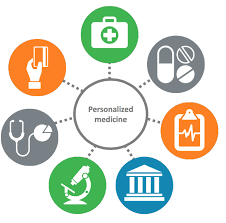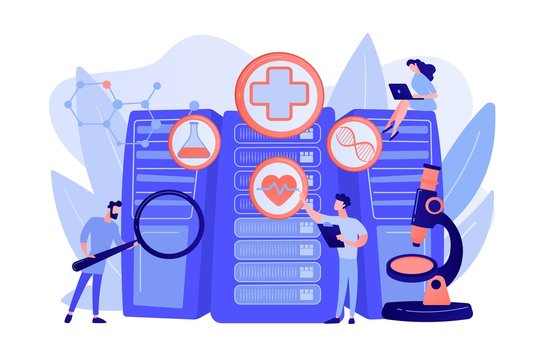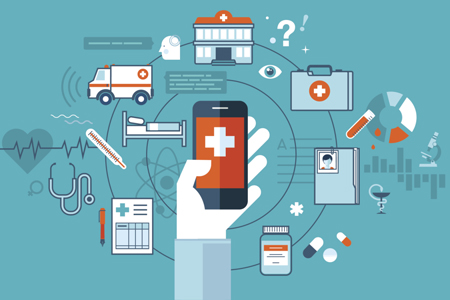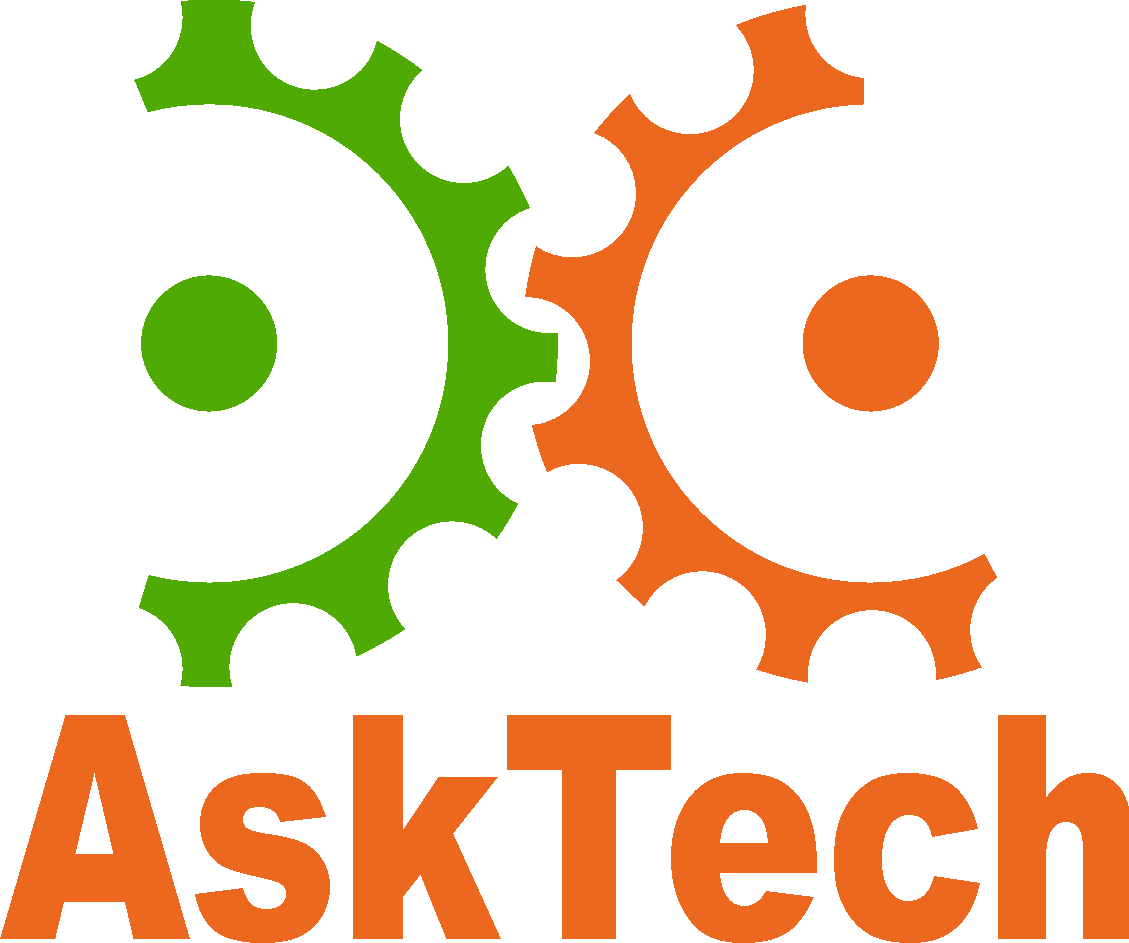Custom Healthcare Software Development
For more than 6 years AskTech has been working with Digital Health pioneers and established
healthcare delivery organizations to empower all phases of their software development lifecycle.
We are a full-service provider in all areas of product design, development, deployment, and support
for the highly regulated and technically complex software healthcare arena.

Digital Health Custom Application Development

A lot of healthcare businesses have had success working with AskTech to swiftly bring excellent products to market. We have a lot of understanding about information technologies in healthcare. With many years of expertise developing HIPAA-enabled (or -compliant) products and adhering to other regulatory standards, we are extremely proud of this.A lot of healthcare businesses have had success working with AskTech to swiftly bring excellent products to market. We have a lot of understanding about information technologies in healthcare. With many years of expertise developing HIPAA-enabled (or -compliant) products and adhering to other regulatory standards, we are extremely proud of this.
What actually sets us apart from our rivals is the architecture of our company, which encompasses all levels of management and procedures to satisfy the explicit and implicit needs of software product development companies that “staff augmentation” providers are unable to address. When you put that together with our senior management’s relentless efforts to ensure each client’s contentment, AskTech’s digital health practise is clearly visible.
AskTech’s clients in the digital health space include large hospitals and creative startups. Our clients offer solutions to facilitate or improve various
How is AskTech Different?
AskTech brings to the table unique capabilities that help our clients overcome a variety of challenges:
- Compliance with federal, state and foreign regulatory requirements such as HITRUST, HIPAA, FDA, CLIA, and NIST
- Utilization of healthcare-specific interoperability protocols such as HL7 and FHIR
- Integration with large-scale and speciality EHR platforms
- Deployment of modern tools and technologies – AI/machine learning; Big Data; Cloud Engineering and Cloud Deployment; Intelligent Assistants and IoT rapidly and transparently. Clients of our digital health practice benefit from Asktech core competencies of hiring, continuously training and long-term retaining of excellent technologists. Our key differentiating factors lie in domain knowledge, regulatory compliance and deep technical expertise in technologies underlying any successful health-related software development initiative.
AskTech has a trained cadre of business analysts, software architects, software engineers and quality assurance professionals to effectively work with:
- Acute Care clinical and administrative workflows and data stack such as ADT, laboratory results, observations, medication orders, billing
- Clinical Genomics and personalized medicine data processing
- Common healthcare industry standards and nomenclatures: UB, ICD, CPT, DSM, SNOMED, LOINC, NCD, RxNorm, DiagnosisRx, and radiology imaging (DICOM)
When you work with AskTech Digital Health Practice you have the confidence of working with the partner that does not just talk the talk. We walk the walk – from understanding what and why you are building to managing the processes and methodologies all the way to letting you sleep well at night knowing your patient data, your intellectual property and your product’s runtime are well protected.
Challenges facing Digital Health vendors
In the past few years, there has been a steady change in U.S. healthcare towards value-based delivery, payment model optimisation, improving service efficiency, and improving interoperability.
Population Health Management (PHM) will become more and more prominent in the healthcare industry’s digital world. Healthcare analytics will have significantly greater predictive and informative potential and will improve clinical and financial outcomes as a result of the emergence of new advancements in Big Data, Artificial Intelligence (AI), deep machine learning, and applied statistical modelling. When AI is combined with IoT, the usage of home-based devices, and bots, this opens up even more possibilities for home healthcare. Amazon stands out the most for its interest in prescription drugs. Many digital health companies are already focusing on Alexa by Amazon in an effort to take use of its features. Mobile health (mHealth), which is powered by AI, will continue to be one of the
AI and Machine Learning in Healthcare
Machine learning has been around for decades, but fueled by emergence of big data, it has started gaining significant traction in digital health. Healthcare providers and payers have seen enormous volumes of both structured and unstructured data, generated through various manual and automated sources: electronic health record systems (EHRs), medical devices, claims and billing systems, and pharma research, to name a few. With that data organized and stored in databases, data warehouses and data lakes, a need has emerged to build algorithms, processes, software and models to turn this raw data into actionable knowledge, consumable
by healthcare providers so they could better drive clinical and financial outcomes.
Recognizing specific patterns and building predictive models is now widely used in risk adjustment for prospective payments, image processing, personalized medicine, clinical decision support and surveillance/alerting extending to mobile devices. Our digital health practice employs trained biostatisticians, software engineers with majors in Artificial Intelligence and ML (Machine Learning) / DL (Deep Learning).
Regulatory Compliance
Working in the field of Digital Health presents software vendors with a number of regulatory compliance challenges. Numerous government regulations require focused efforts from all internal functions that need to be managed on an ongoing basis. A company seeking compliance status is expected to thoroughly understand and align with applicable regulations, including federal, regional, or even international. The resulting set of policies and procedures deeply affect the software development practices, and an outsourcing partner that you choose has to adhere well to your regulatory practices to avoid the risk of project’s failure or worse.

In order to work on Healthcare IT projects, Kanda technical and professional personnel have received HIPAA compliance training. Our Business Analysts and engineers have gained strong experience in securely transmitting and housing ePHI while adhering to all applicable laws and regulations by developing modules and solutions as required by the HIPAA Technical Safeguards, especially as it pertains to secure housing and transmitting e-PHI. We are also actively exploring and working with HITRUST Federal framework to better understand its controls and applicability to our client base.
Deploying customer-facing solutions hosted in the cloud environment, such as AWS, adds another layer of complexity to the regulatory-compliant engineering processes. In our engagements Kanda engineers have mastered working with AWS provisions, security APIs and administrative controls, while making sure that the security and privacy of e-PHI is fully protected.
Our expertise in building secure Digital Health in the cloud environment – private, commercial and hybrid – helps Kanda’s customers rapidly deliver high quality, compliant solutions to numerous healthcare constituencies – acute care hospitals, rehabilitation centers, payers, medical practices, pharmacies, laboratories, doctors, and patients.
Clinical Data – Integration and Interoperability

The issue of interoperability in private and government healthcare has become one of the chief concerns with the lawmakers, healthcare policy administrators and clinical community. It is one of the gaps in healthcare which was not adequately addressed by the Affordable Care Act (ACA). Physicians continue to be frustrated by their inability to gain access clinical documents in a timely fashion in order to make critical decisions at the bedside and in an ambulatory setting. The recent version of FHIR 3.0 is an important milestone for this emerging technology, which quickly gains support and adoption by major EHR vendors, such as Epic and Cerner, who are now playing a much more active role in shaping the future interoperability landscape. Payers also have a strong interest in collaboration with providers to gain access to the clinical data feeds (ADT, Results, Observations, and Orders). Having access to that data allows them to better optimize their workflows.
One of the key success elements in increasing patient safety and getting better results is having the entire and full medical record from many sources, such as provider offices, ambulatory, hospitals, rehabilitation centres, and dialysis clinics, available at the decision-making point. Clinical integration is made possible by IT interoperability and is fuelled by clinical data, coding standards, and protocols.
For the majority of our twenty-year existence, AskTech has been at the forefront of interoperability and integration protocols. Many, if not all, of our clients, from D&B to Nuance, had already been operating in a highly connected multi-vendor environment rich with technologies enabling Enterprise Data Integration, SOA, and RESTful API integration before we ever started our Digital Health practise. With that context, we can accelerate our

Personalized Medicine
Patients with a range of diseases have been treated for many years using clinical guidelines and methods that are accepted throughout the industry. Personalized medicine has made it possible to use genetic, genomic, and clinical data together to better the results for patients. As gene sequencing technologies like next-generation sequencing have advanced and become more prevalent in academic settings and molecular laboratories, it is now possible to predict an individual’s risk of contracting specific conditions, the course of a disease, and—most importantly—how well drug treatments will interact with genetic biomarkers.


A number of healthcare stakeholders, including but not limited to Pharma research companies, acute care facilities, community physicians, and payers, are very interested in the topic of personalised medicine. Oncologists, who treat patients with solid tumors, among other medical disciplines, have been heavily utilizing the capabilities of genetic and molecular testing. To demonstrate this argument, consider the fact that recent research indicates that at least 10 critical biomarkers are associated with more than half of patients with non-small cell lung cancer. This information enables oncologists to use molecular profiling in conjunction with evidence-based therapy information.
Developing workflow and analytical products presents a variety of challenges for software and bioinformatics solution vendors, including dealing with data volumes and scientific complexity, data exchange and interoperability between various participating entities, and regulatory compliance with HIPAA and CLIA.
AskTech engineers have gained experience working with the sequenced genomic data as well as the evidence content from repositories like PubMed.gov and Clinical Trials.gov while assisting our personalized medicine clients. The RESTful API-based capability that we developed for our clients is being used successfully by them to build solutions that are interoperable and meet the needs of clinical oncologists and molecular pathologists.

Mobility in Healthcare

Software developers have been exploring for innovative and effective methods to employ portable devices in healthcare since the mid-1990s with the arrival of those devices’ expanded capabilities. One of the most obvious use cases is expanding an EHR’s data viewing and entry capabilities to a clinician’s mobile device. Positive patient identification, laboratory results verification, test ordering, charge recording, and clinical notes all sounded like no-brainier disruptive concepts. However, as the mHealth sector matured and gained traction with vendors, hospitals, and individual providers, particularly with the advent of medicine, it became increasingly clear that these great benefits also impose a variety of challenges on mobile developers, including technical, regulatory, workflow usability, and performance issues. Our mHealth clients’ success stories confirm this, as well.
Vendors of mHealth solutions must choose between developing native applications for each platform or using a platform-independent framework, such as Xamarin, given the wide range of competing devices, manufacturers, and two platforms with the highest usage in the healthcare industry (iOS, Android).
AskTech’s mobile engineers have built its own platform-independent frameworks as well as native applications for iOS and Android, facilitating a regular clinical practice. Another significant factor is the wide range of manufacturer- and carrier-specific Android versions and the attendant Quality Assurance issue. Regression cycles may be completed quickly and the time to market is shorter thanks to our testing procedures.
The effective mobile solutions utilized by doctors and nurses must integrate with the current IT systems of acute care hospitals, rehabilitation facilities, and outpatient clinics. The UX design is crucial for clinician acceptance, in addition to application security and compliance with all relevant regulations. In building solutions that doctors, nurses, and healthcare coordinators utilize in their daily work, AskTech UX engineers have deep industry understanding in mobile clinical workflows.

